- HubSpot is an excellent CRM for Shopify with robust marketing automation capabilities. With over 100,000 customers in 120 countries, HubSpot has helped businesses grow their operations.
- You can enhance your customers' experience by using ActiveCampaign's CRM, marketing automation, and email marketing solutions.
- When it comes to integrating with Shopify, Ontraport is the best small and medium business CRM available. Streamline your business operations by centralizing your sales, marketing, and other functions.
Choosing the best CRM For Shopify Integration Store? We would love to support you by bringing you the ultimate guide to help you make the perfect choice for your store.
Customers and visitors view your site, generating a pool of data. Their behavior is precious when we consider it for developing better marketing activities after deliberately deducing conclusions from this data.
This can be done with the help of a CRM Shopify integration. This integration will consider e-commerce stores and help you integrate quickly with the customers through the available data.
Shopify CRM will help you generate integrated mail, provide you with session tracking, help you with individual customer profiles, bless you with automatic tagging, and let you filter your customers.
How To Evaluate the Best Shopify CRM Options?
The integration of CRM with Shopify gives you access to data-backed insights into what your leads, prospects, and customers want.
CRM software can store and analyze your customer’s shopping behavior. And that helps when you are trying to make marketing campaigns more effective.
We found that HubSpot is the best choice for a CRM with customer management features and Shopify integration because it can also store information about people in a database and track their purchases.
Why Shopify?
With millions of users, Shopify is one of the most popular ecommerce platforms on the web. It’s also one of the easiest to use and provides all of the functionality you could ever need.
Soon after completing the sign-up process, you’ll have access to the tools required to create and run an ecommerce website. Shopify allows you to personalize your design, establish a product catalog, configure prices, payment methods, and taxes, and then add other capabilities through plug-ins or extension modules.
If you use Shopify, you can sell almost anything—physical things and shippable goods, digital products and services, and even start a dropshipping business.
With Shopify’s most popular subscription plan, which is $29/ month, you can try the service for free for 14 days.
Shopify’s ease of use, extensive library of unique templates, cheap pricing, and scalability make it more than just a platform for beginners; it’s a platform that can grow with you as your company does.
The Shopify app store is another beautiful feature of the platform. You will be amazed at how many integrations you can quickly integrate into your store to help you grow your business.
Email programs, loyalty programs, and sales funnel tools can all help tackle common difficulties, but none of these are as crucial as customer relationship management software.
8 Best CRM For Shopify Integration 2024
Here is a list of the seven finest customer relationship management (CRM) software you can utilize with Shopify.
1. HubSpot
HubSpot is the best of the available Shopify CRM. It greatly helps in marketing automation and would solve all of your problems.
It offers a long list of e-commerce solutions that will ultimately help you collect detailed and customer-specific insights so that you can have a personalized touch and develop a suitable marketing approach. Types of customers can be linked with their order data.
The customers can then be segmented based on their attributes, such as the products purchased by new customers, idle customers, and the average value of the order.
You can also get briefings about the purchase frequency, monetary value, and recency. Using Shopify CRM, you can strategize your marketing campaigns to suit each selected customer segment.
Shopify CRM can also be used to send emails to potential customers about offers, deals, coupon codes, and other information related to potential customers.
Moreover, you can also get the contact details of the customers and track whether or not the receiver has opened your mail.
Hubspot offers extensive customer support and service and will also provide you with details of Optimisation so that you can earn more returns with less effort.
All in all, HubSpot is a powerful marketing platform with a class lead scoring system and is simple to use.
Top features:
- This is the best marketing tool. It is easy to set up and use.
- One feature of this product is that it lets you manage contacts, website activity tracking, deal management, tasks, and meeting scheduling.
- Another feature of this product is the pipelines for deals to be made.
- Different properties can be set to help you with your quotes or any other information that needs to be given.
- This software also has features such as landing pages with live chat and automation tools, making it easier for people to buy things from you without doing all the work themselves.
2. ActiveCampaign Sales
It provides endless expandability and integrations. People generally know it is a service for email automation.
However, it is pretty much more than that. We can now see it as a fool lead scoring Shopify integration that allows you to manage your contacts and can be regarded as a true sales Shopify CRM.
It is useful not only for digital marketers but also for anyone interested in tracking customer behavior and managing campaigns.
Not only this, but it also helps to design emails for your customers, evolve them into a contact list, and analyze the performance of campaigns with the help of email marketing.
It also has other marketing tools like reporting, lead segmentation, tracking social integration, etc.
It can integrate with customer management software and help the sales process by providing tools for managing it. Other CRM functionalities include contact management, pipeline management, drag-and-drop tracking, and lead scoring.
Top Features:
- Users are given the ability to develop complex workflows for lead nurturing, audience segmentation, and the triggering of customized actions depending on user behavior with the use of a visual automation builder.
- The platform’s dynamic content possibilities make it particularly effective for use in email marketing campaigns.
- The software monitors interactions, rates leads, and automates routine sales chores to increase productivity and conversion rates.
- ActiveCampaign’s ability to monitor website visitor activity and set up automated responses is revolutionary. By using timely, appropriate communications triggered based on user behavior data, customer journeys may be improved.
- It supports several channels of communication, not simply email. The platform facilitates cross-channel marketing by incorporating SMS marketing, social media automation, and other methods of reaching your target audience through your campaigns.
3. Ontraport
The ontraport CRM is a potent system that helps to build consumer relationships. It works by tracking all the contacts, data engagement, and purchases.
Top Features
- Ontraport lets firms develop complex workflows and campaigns. From customized email sequences to targeted lead nurturing, this tool improves communication and engagement.
- Ontraport’s CRM solution has advanced functionality. Enterprises can easily manage contacts, measure interactions, and customize messaging depending on user behavior.
- Ontraport’s easy sales pipeline management lets you track leads and prospects throughout the sales process.
- Ontraport’s capabilities streamline online transactions. This functionality streamlines e-commerce from order management through inventory tracking.
- Ontraport delivers detailed reporting and analytics on campaign performance, customer behavior, and more. This data-driven strategy helps firms flourish by making educated decisions.
4. Freshworks
The marketing automation platform Freshmarketer has a full integration with Shopify. This streamlines the process of communicating with customers for e-commerce businesses via email, text messages, WhatsApp, live chat, and bespoke bots.
Marketing efforts may be amplified by using this tool’s premade landing pages, segmented multichannel campaigns, cart abandonment reminders, and drag-and-drop email templates.
The Freshworks suite of applications, which includes Freshdesk and Freshsales, integrates smoothly with this system.
Connecting the marketing, sales, and service departments is what integrations do. Contact information may be shared instantly between applications to boost customer journey tracking and lead conversion.
When it comes to handling orders and accepting payments, Freshmarketer falls short. In contrast, all premium plans in HubSpot CRM may be quoted and paid for in ways that best suit the user’s needs.
Top Features of FreshMarketer
- A/B testing, split testing, heatmaps, session replay, funnel analysis, form analytics, journey analytics, surveys, and user feedback are essential to Freshmarketer’s CRO success. These tools help identify and fix errors, improve lead quality, and improve user experience.
- The platform’s drag-and-drop email builder simplifies email campaign design. The Subscriber Preference Center, online forms, Apple Business Chat, Facebook Messenger, and WhatsApp integration enable individualized communication across platforms.
- Freshmarketer goes beyond emails to encompass all interactions. Triggered messages, in-app messaging, and chatbots provide meaningful engagement.
- Website monitoring, transactional emails, predictive contact scoring, the journey builder, custom flows, auto-resolve chat, and IntelliAssign provide a smooth user experience and good interactions.
- Marketing lists, customer segments, event tracking, auto-profile enrichment, and offline event monitoring make segmentation easy and help understand user behavior.
- Freshmarketer delivers basic reports, email campaign statistics, KPIs, and customizable dashboards to measure marketing success and aid decision-making.
5. Zoho
Zoho CRM is a cloud-based system that aims to meet the varying needs of both small and large organizations. It includes all the necessary tools for efficient client relationship management.
Zoho CRM helps organizations in many ways, including contact management, sales funnels, workflow automation, and AI-powered conversational assistants.
This flexible system manages everything from tasks and marketing to sales forecasting and customer care.
In addition, Zoho CRM has powerful reporting and analytics features, which may help you make informed decisions based on your data. Its greatest strength is its unified business environment, which integrates more than 500 major business apps.
Zoho CRM is vital to improve connections with customers, streamline operations, and fuel expansion.
Top Features of Zoho CRM:
- Zoho CRM provides a complete picture of each customer’s history, preferences, and wants. This capability lets organizations customize messaging and engagement tactics.
- Zoho CRM’s workflow automation streamlines repetitive operations and procedures. From lead assignments to follow-up emails, this function is efficient and timely.
- Its advanced analytics include sales performance, lead conversion rates, and more. This data-driven strategy helps firms make smart decisions and improve processes.
- They connect with many business technologies, allowing data to flow easily. This feature improves teamwork, data input, and productivity.
- Zoho CRM’s mobile app lets users access vital data anywhere. This function keeps you connected and informed while monitoring customer data or modifying records.
6. Capsule
Using Capsule CRM would allow you to manage and store all your data of business relationships in a single place. It helps you to maintain details about vendors, customers, visitors, and sites.
It can also create customer profiles and add notes and customer contact history. It also helps you deliver products to your customers per the assigned delivery dates.
It is user-friendly software and will help you get well-acclimatized to your Android or iPhone.
Access to your Capsule database will let you track vendor bids, deals, and proposals. It integrates with e-commerce tools such as Zendesk, QuickBooks, G-Suite, and MailChimp.
Top Features of Capsule CRM:
- Capsule CRM’s contact management features are unparalleled. Businesses can better manage interactions and keep track of relevant data with the help of flexible features like custom fields, tagging, and segmentation.
- The software provides a graphical sales pipeline, making monitoring the development of leads and agreements easy. This improvement improves the sales staff’s ability to work together, speeding up the process of completing business.
- Capsule CRM’s task management and scheduling features work together like clockwork. All work related to contacts and deals is automatically synced through this connection and can be accessed with a single click.
- Users may monitor their correspondence using the platform’s built-in email tracking feature. This function simplifies communication logs, making it simple to retrieve past messages while maintaining the original context.
- Capsule CRM’s mobile app keeps employees connected and productive no matter where they are. You may quickly and easily gain access to your contacts, edit any existing data, and organize any pending tasks.
7. Salesforce
Salesforce is very famous for achieving e-commerce goals.
This provides a powerful Shopify integration for achieving goals. It has a very crucial feature that keeps monitoring the various details of the consumer, like the type of product they are thinking of buying at what time.
By integrating Shopify with the Salesforce CRM, you can easily synchronize essential data like contacts between two e-commerce platforms.
Salesforce also helps create detailed customer personality reports and analyzes the number of active customers. It also explains how much the consumers buy, at what rate, and how frequently.
Salesforce CRM and Shopify are so well integrated that they fit all business sizes, whether small, medium, or large.
It is so well made that a person can access your CRM with an Android and an IOS.
Top Features
- Salesforce CRM centralizes customer interactions, transactions, and communication history. This comprehensive view helps businesses customize experiences.
- Salesforce excels at sales automation. Users may automate lead creation and opportunity management to save time.
- Salesforce CRM’s robust customization features meet varied company demands. Customizing fields, processes, and interfaces ensures the platform meets specific needs.
- Salesforce provides real-time sales, customer, and trend analytics. Custom reports and dashboards enhance strategy optimization and decision-making.
- Salesforce CRM’s many integrations improve collaboration and data flow with other corporate solutions. This simplifies processes and reduces data silos.
8. Agile CRM
To assist Shopify e-commerce enterprises in boosting sales and interacting with customers, Agile CRM connects with Shopify and provides powerful marketing automation solutions.
An intuitive drag-and-drop interface makes it simple to design complex marketing processes.
The mobile marketing tool can send customized SMS messages to leads, and the platform also lets you plan auto-responders and follow-up messages depending on time or contact activities.
Thanks to the CRM-Shopify combination, you may also increase sales with promotions and customer feedback with surveys.
Agile CRM’s free plan doesn’t have an in-app dialer, and some customers have complained that the company’s support staff is unreliable.
HubSpot CRM is a good option for those who require a free in-app dialer but want a more dependable customer service tool than what they get with Salesforce’s free version.
Agile CRM’s Key Features:
- Analytics at the point of contact Distil insights about consumer likes and online interaction patterns, such as products discarded and pages visited.
- Real-time activity reports based on contact-level analytics on customer preferences and web engagement patterns, such as products discarded and pages visited.
- To prevent customers from leaving without purchasing, you may use web rules to deliver exit-intent pop-ups when they are about to leave your business or have abandoned a cart.
- Try using a Kanban board, a drag-and-drop project management tool, to organize your activities by their importance, due date, owner, or current state.
- You may increase the profitability of your marketing automation initiatives by keeping tabs on the social activities of your leads and consumers.
FAQs
🤷♂️ What is CRM for Shopify Integration?
CRM integration with Shopify enables online stores to manage customer relationships more effectively by syncing customer data between their Shopify store and CRM software. This allows for personalized marketing, improved customer service, and better sales strategies.
💡 Why Integrate a CRM with Shopify?
Integrating a CRM with Shopify helps you understand your customers' needs and preferences, leading to tailored marketing campaigns, increased sales, and enhanced customer loyalty. It provides insights into customer behavior and streamlines your sales processes.
🔌 How Do I Integrate CRM with Shopify?
Integration can be achieved through direct plugins or apps available in the Shopify App Store, using APIs for a more customized integration, or by employing third-party integration tools. It's important to follow the specific instructions provided by your CRM provider.
🛍️ Which CRM is Best for Shopify?
The best CRM for your Shopify store depends on your business size, budget, and specific needs. Popular options include HubSpot, Salesforce, Zoho CRM, and Freshsales. Each offers unique features tailored to different business requirements.
📊 Can CRM Integration Help in Analytics and Reporting?
Yes, integrating CRM with Shopify enriches your analytics and reporting capabilities by combining e-commerce data with customer interaction data. This comprehensive view enables more informed decision-making and strategy development.
Quick links:
- Drip CRM Review With Discount Coupon
- Best Shopify Themes To Boost Sales
- FreshSales Review
- Ontraport vs Hubspot
- Ontraport vs ActiveCampaign
- Convertkit vs ActiveCampaign
- Ontraport vs Kartra
Conclusion: Best Overall Small & Large Business CRM for Shopify Integration
The growing technological advancements have given promising tools to business owners to drive their businesses at a better pace and in the right way.
With tools like CRMs, you can assign dedicated tasks to each department to achieve better results in your business.
Since data now plays an integral role in understanding customers better, CRM helps identify the customer base and their preferences and builds better relationships between the customers and the business.
All the above-mentioned CRMs will be available to you for free of cost. However, HubSpot and ActiveCampaign are among the noteworthy ones. Still, identify your needs and select the best-suited CRM software.
The best Shopify-ready CRM software :
- Mailchimp: Great for retailers and marketers who want no-frills contact management and email marketing. They work with Shopify.
- Zendesk Sell: Good for teams that provide service and ongoing support to e-commerce customers. Recommended for them.
- Zoho CRM: Great for retailers who market their Shopify store on social media.
- Agile CRM: Best option for businesses who want advanced marketing automation campaigns for ecommerce customers
- HubSpot: It is a perfect tool for e-commerce sites that need to customize product workflows.
- Metrilo: It is the best Shopify CRM for ecommerce analytics.
The advancement of technology has made everything easy. Reaching out to customers is no way behind it.
So, engage and interact with your customers with the help of these data-driven solutions in the form of software to maintain better customer relationships and develop a satisfied client base.
I hope you like our article on the best CRM for Shopify Store. I wish you lots of success while building your excellent Shopify Business.
Also read:

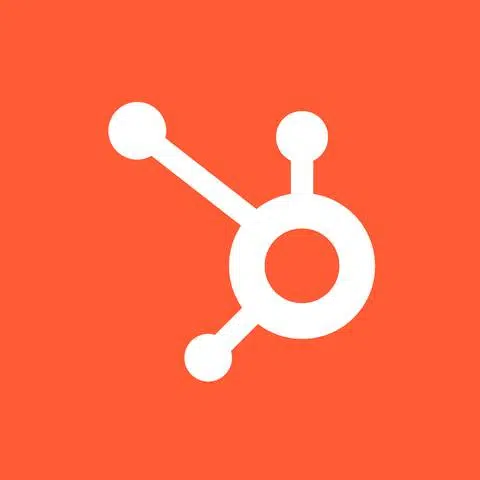



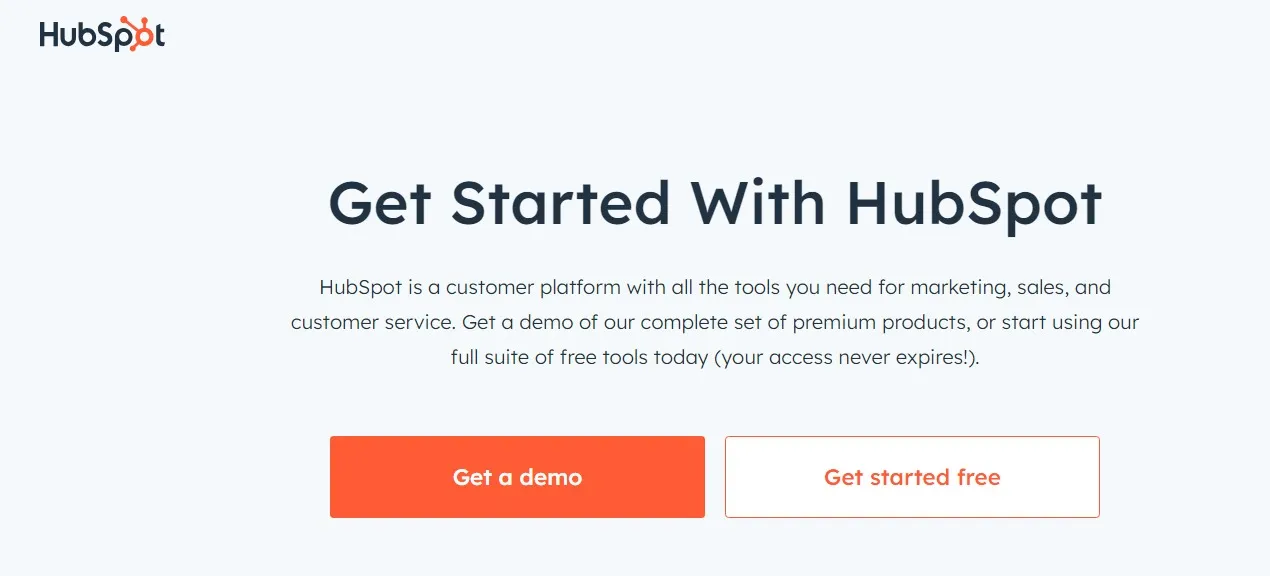
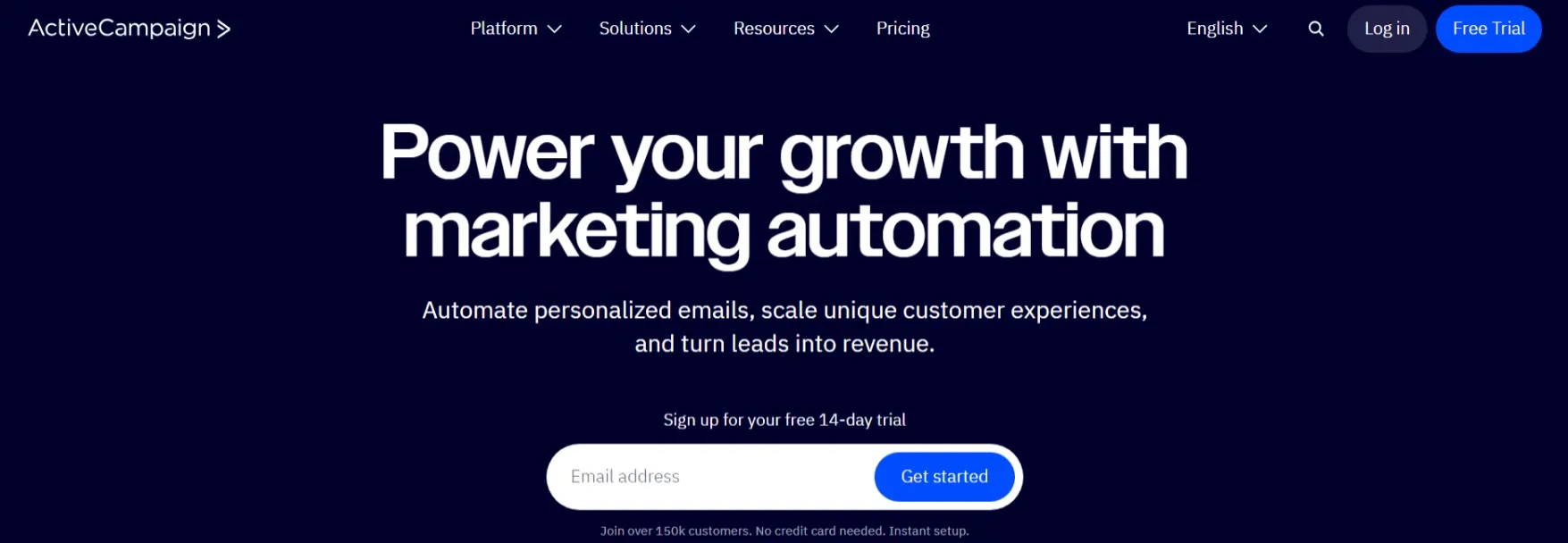
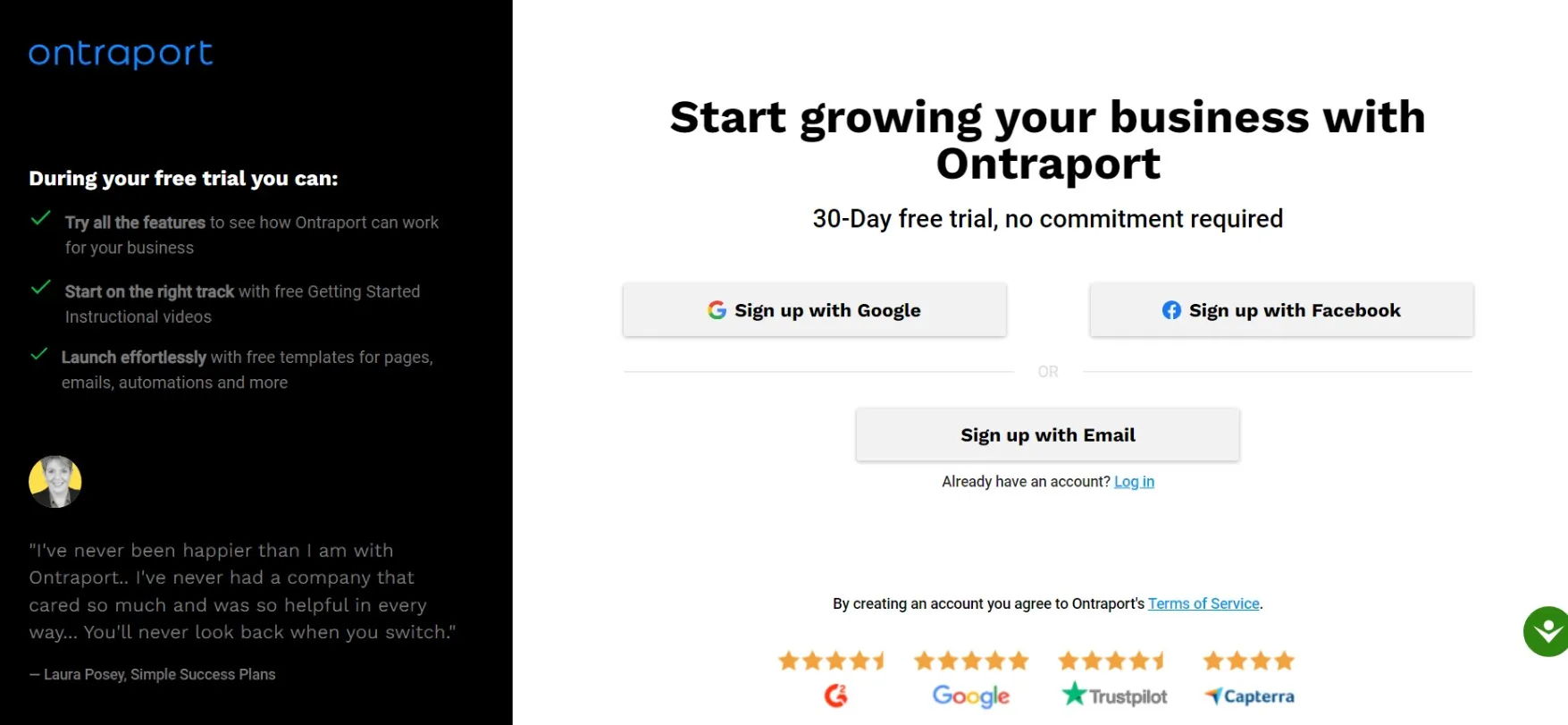
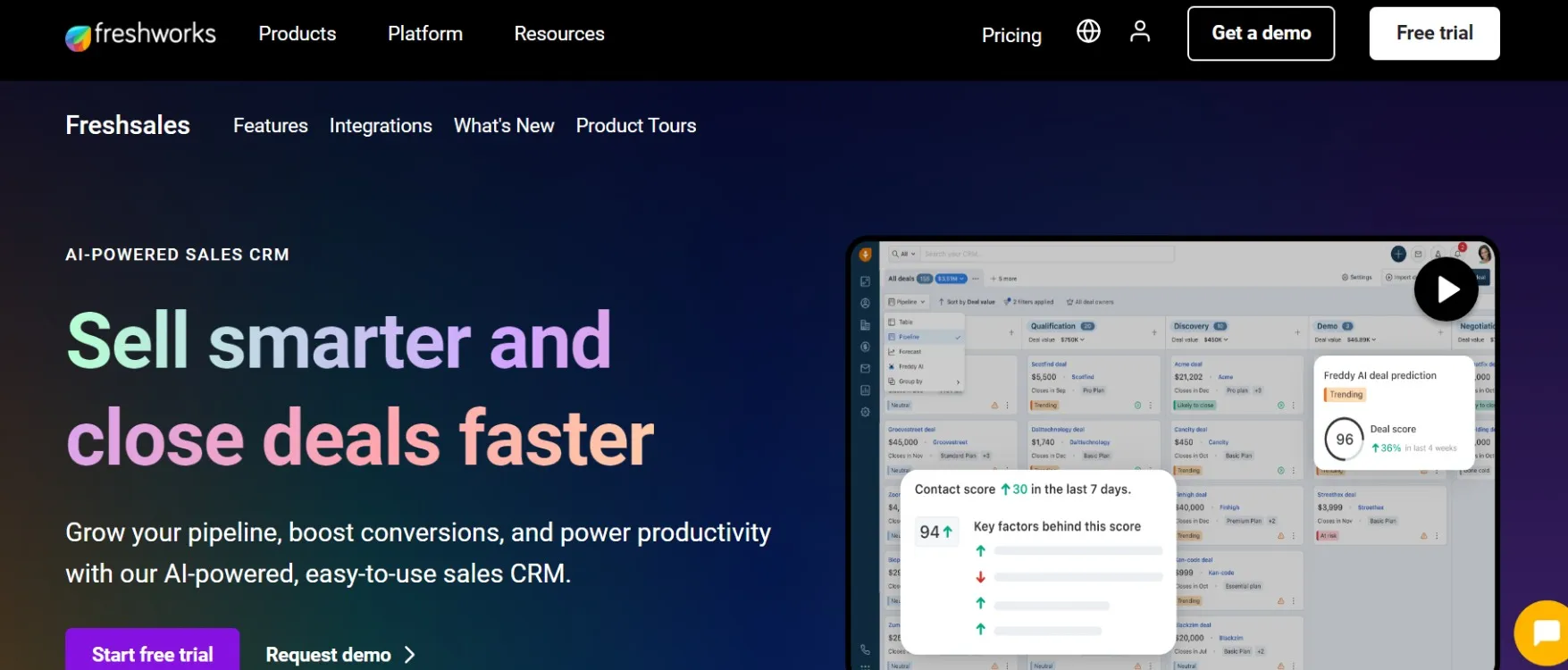
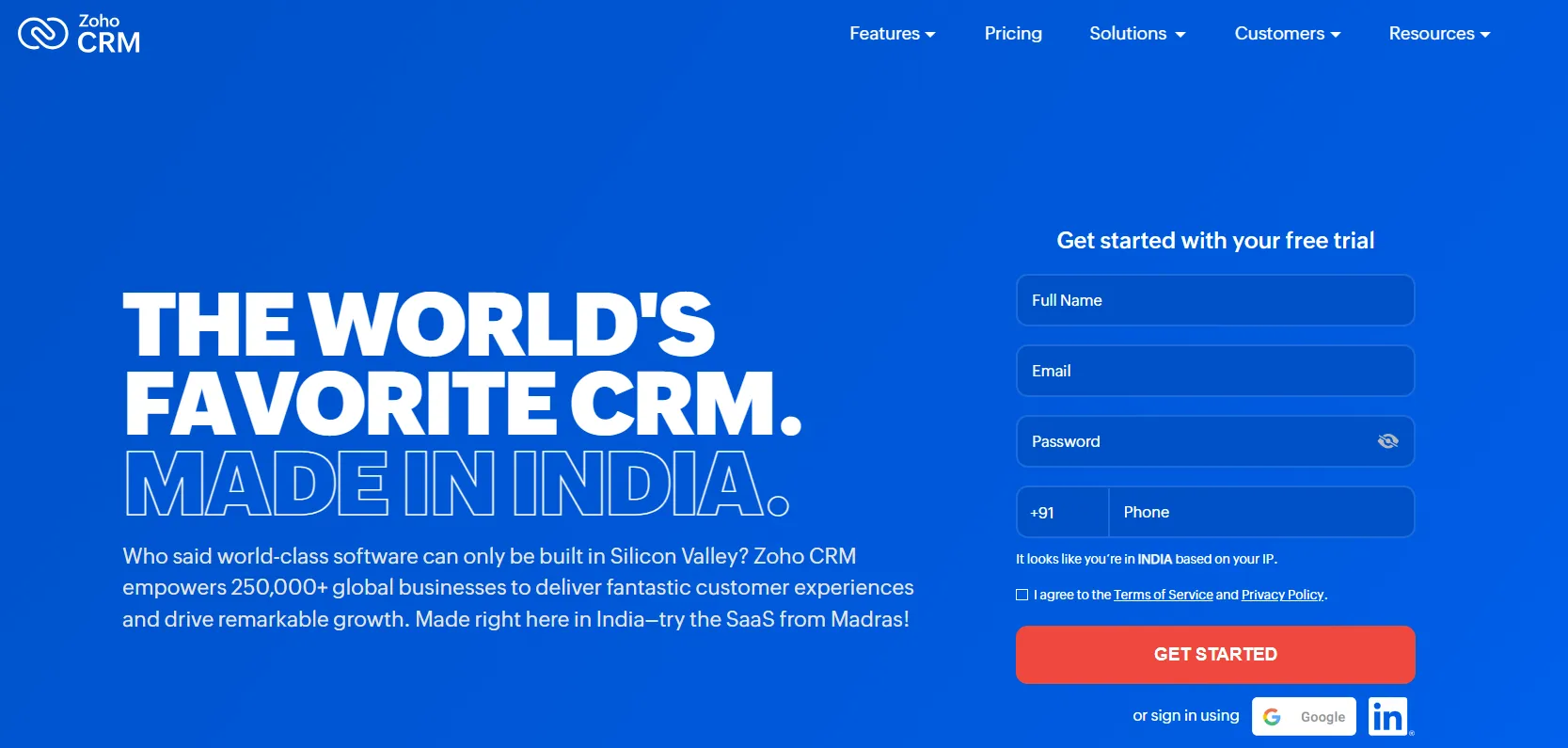
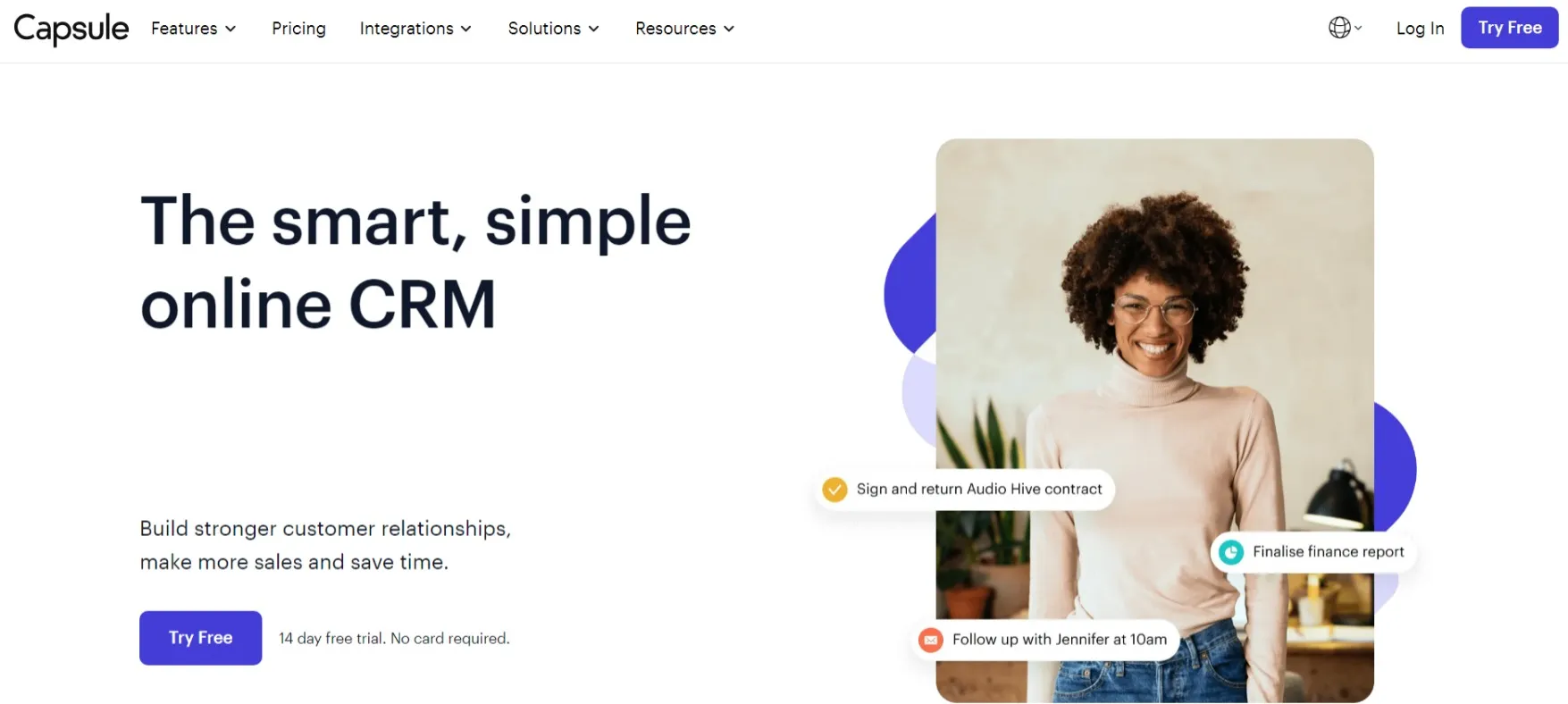
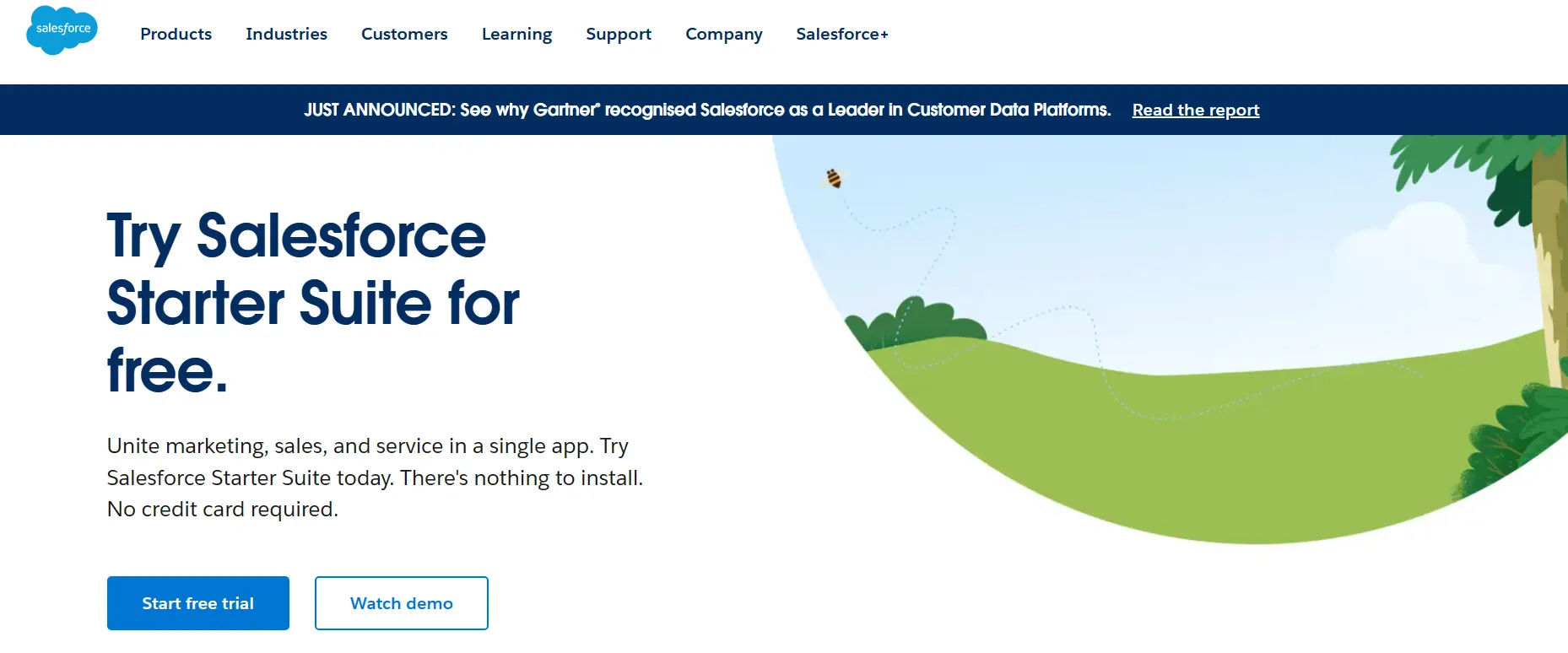
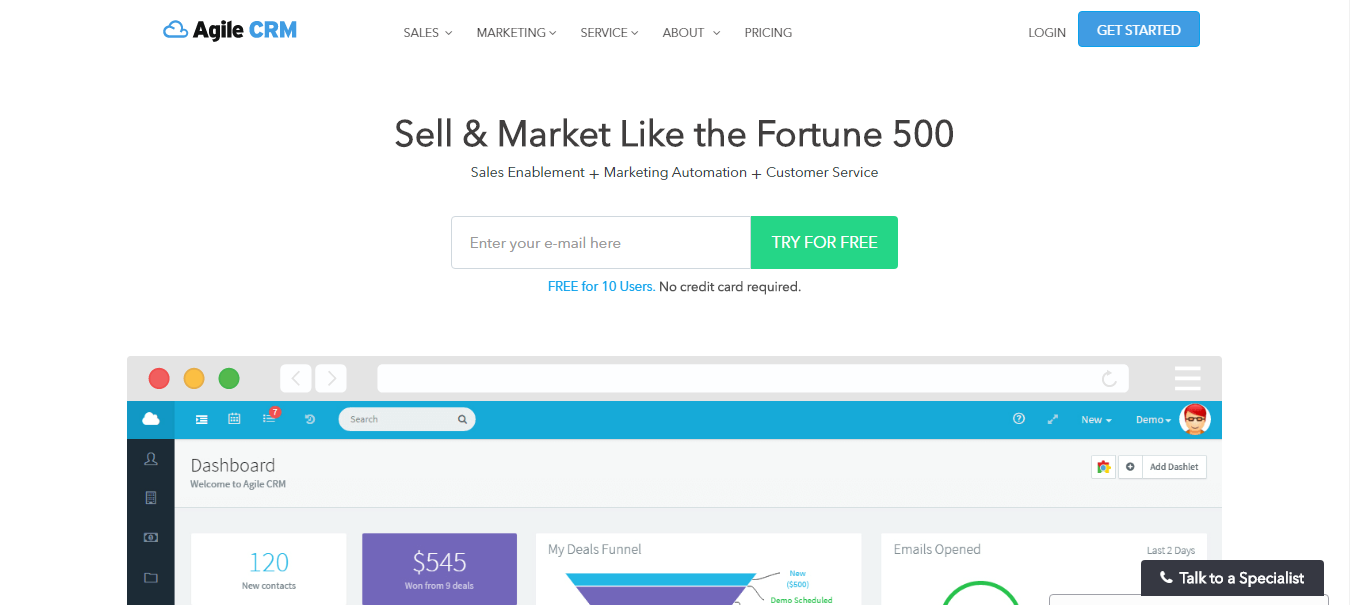
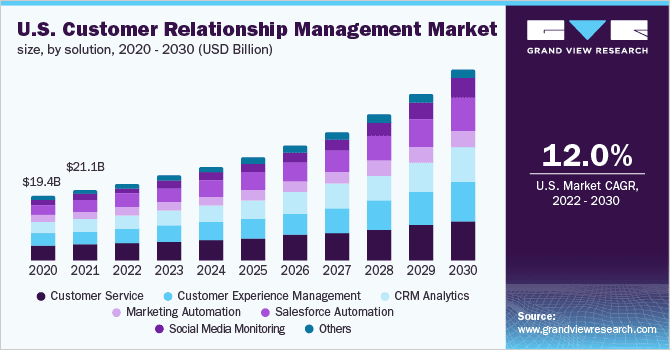
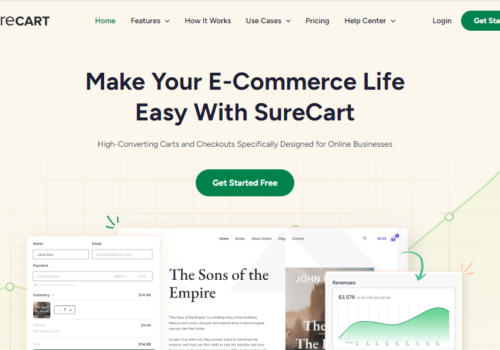
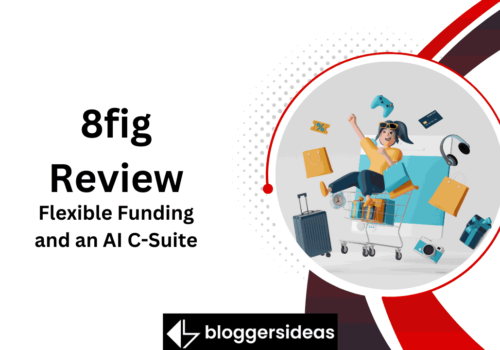
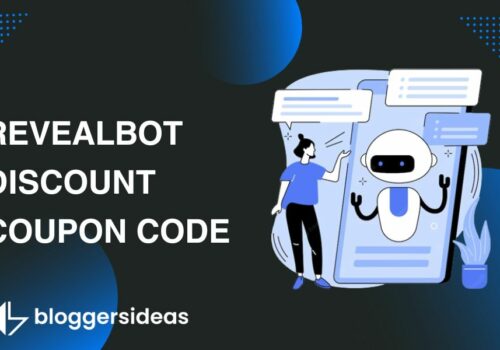
Hey Team,
I found this to be a really good read. But I was pretty surprised that we failed to make it to your list. We make the best CRM and maybe we failed to get your attention?
Being a Customer-driven company, We have spent a lot of time and effort into developing a product that caters to Ecommerce needs.
If you are open, I’d offer you to try our product Freshsales – CRM and maybe find how we stack up against your list.
I’d love to get your feedback or perhaps you might have some suggestions. Would love to hear if we do check all the boxes for an Ecommerce CRM. Also, we’d like to see Freshsales as part of your Best CRM for E-commerce list.
Regards,
Yeshwanth
HubSpot CRM helps companies of all sizes track and nurture leads and analyze business metrics. HubSpot is suitable for any B2B or B2C business in a variety of segments, including accounting, marketing, sales, construction, retail, real estate and more. It offers features including outbound and inbound marketing, sales automation, sales pipeline management, customer relations management.
I tried using Ontraport but I faced some issues with it. CRM could be better. It works but is not as robust as I would like. It works fine but I want more reporting.
The membership plug works fine but I want more details on what each member does and how they use the membership.
Keep on top of your customer activity with Active Campaign Sales CRM. This might be a fantastic addition to email automation if you’re from the marketer, entrepreneur or digital marketplaces out there looking for a lead tracking Shopify integration. With all it can do, this is not only an email service but more importantly a fool lead scoring Kit for merchants who want to manage their campaigns. You can also make sure that you track your customer’s habits and use Auto-respondents to create specific campaigns in order to keep them interested and engaged!
HubSpot CRM offers a long list of e-commerce solutions to help you collect customer-specific insights to have your personalized touch and develop a suitable marketing approach. Types of customers can be linked with their order data. Hubspot has a lot to offer in terms of customer support and service, as well as offering details Optimisation so that you can earn more returns with fewer efforts. All in all, HubSpot is a powerful marketing platform with a class lead scoring system that is simple to use.
Active Campaign Sales has helped me in a lot of ways, I’d highly recommend everyone trying it out. It helped me like :
》I can create custom campaigns quickly.
》I can see the activity of each contact in a simple snapshot.
》I can set up easy automations without going down tech rabbit holes.
Hubspot is the perfect fit for any business that is looking to collect client data and use it generate leads. With HubSpot CRM, you can enhance your customer’s experience with personalisation, discounts/bonuses, and targeted content.
I like Capsule CRM because it has good chat integration and document storage.
I also use it for email marketing that helps me manage my emails through this application.
It helps my company to manage new customers automatically.
Overall I like it and I’d recommend it to everyone!
I use ActiveCampaign for tracking my leads and revenue into my business. It’s also heavily [used] if to campaigns and the automation features and tags really help me keep track of different leads that come into my business and what stage they’re at in my funnel.
love the automation feature on ActiveCampaign. It really simplifies my life and automates so much stuff for me so that I’m not feeling hectic and dropping balls in my day
The Hubspot CRM is one of the most user-friendly CRMs on the market today. It is one of the best CRMs for managing leads and scaling an organization, and it is one of the best CRMs for small business. It has helped me in increasing my productivity, managing my sales pipeline, and targeting my leads.
If you’re looking for the best CRM software that’s easy to use and able to integrate seamlessly with your Shopify store, look no further than Capsule. With Capsule, you can create customer profiles, add notes and contact history of the customer. It also helps you track bids, deals and proposals from vendors.
It is user-friendly software packaged by certified professionals so get used to all features in just a few minutes! And since it integrates flawlessly with Shopify, updating your data—or getting access at all—couldn’t be simpler!
Ontraport is Best Overall Small and Medium Business CRM for Shopify Integration. It helps you deal with every one of your business, promoting and business measures in one place.Customer Support at Ontraport isn’t an untimely idea; it’s their main event. 7 days every week, visit or 1-on-1 screen share